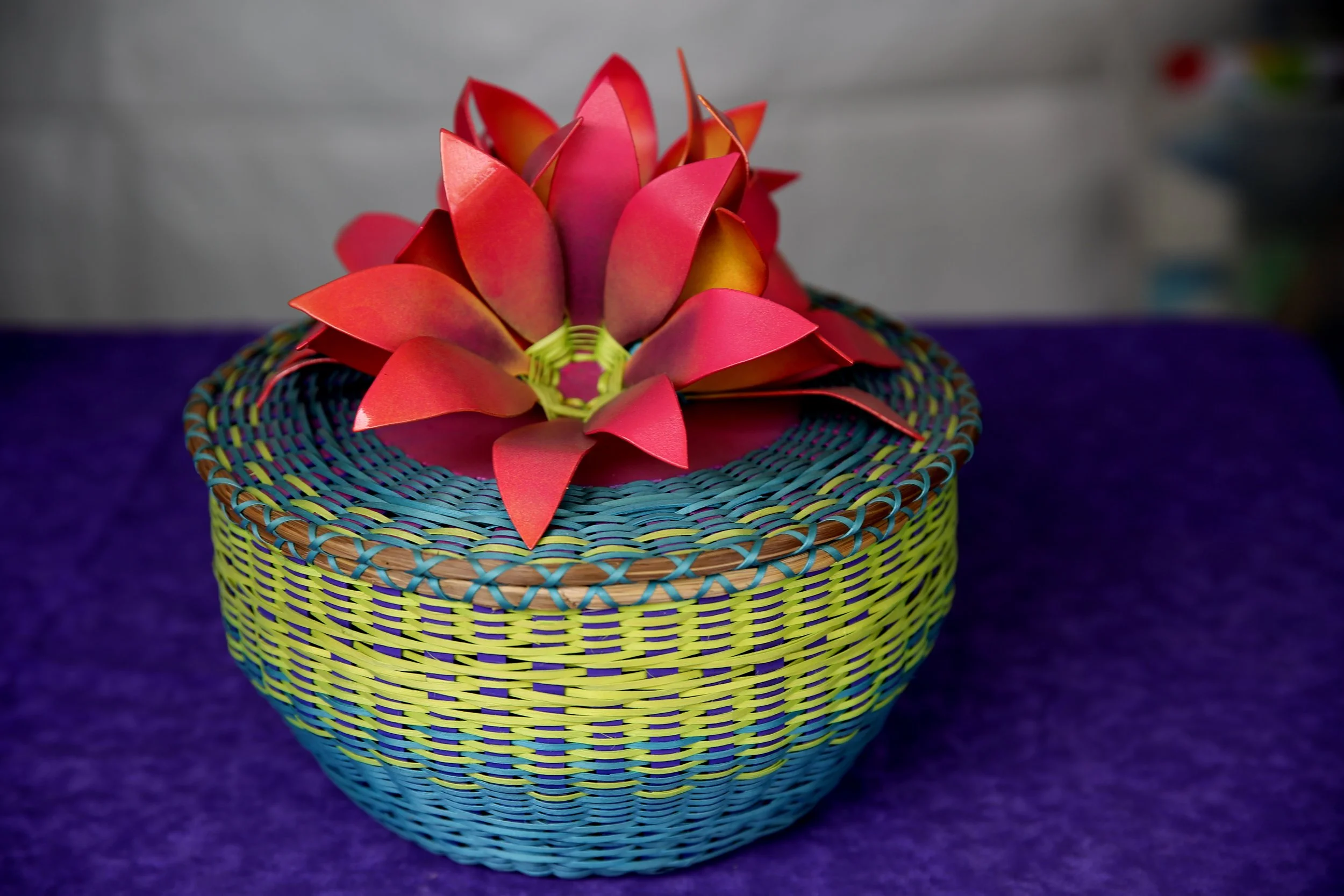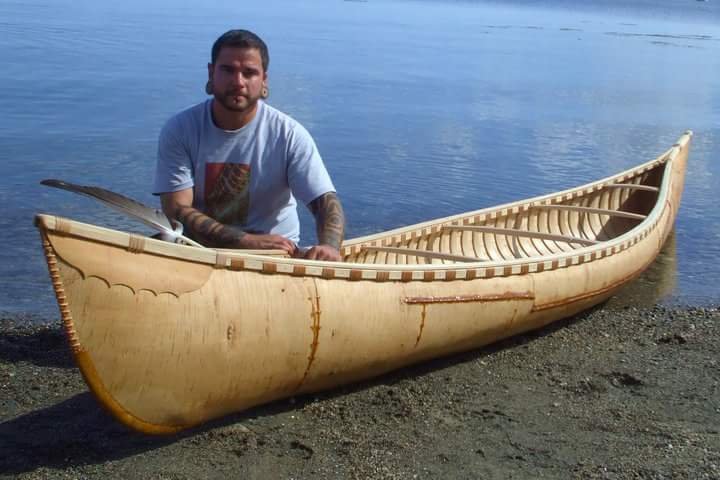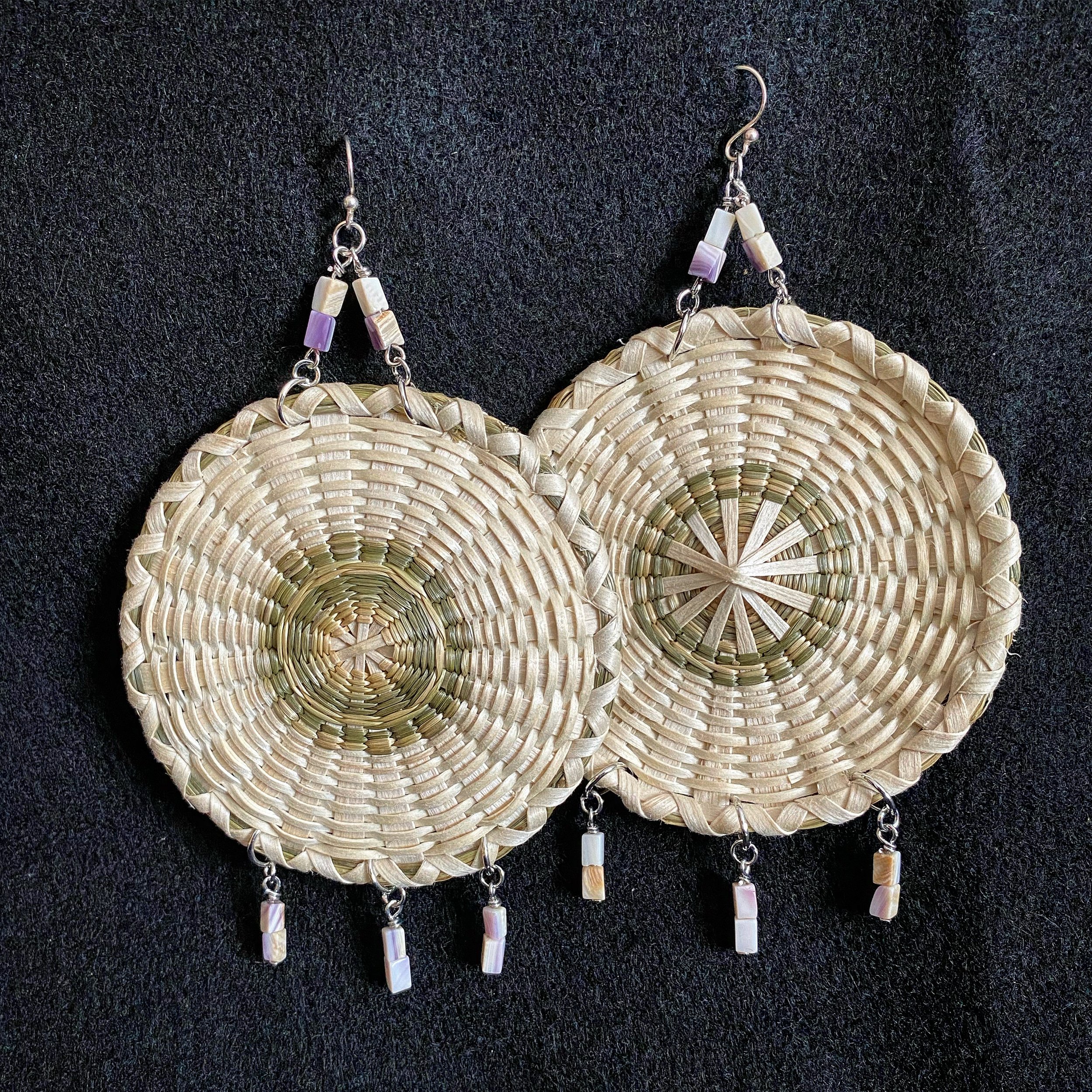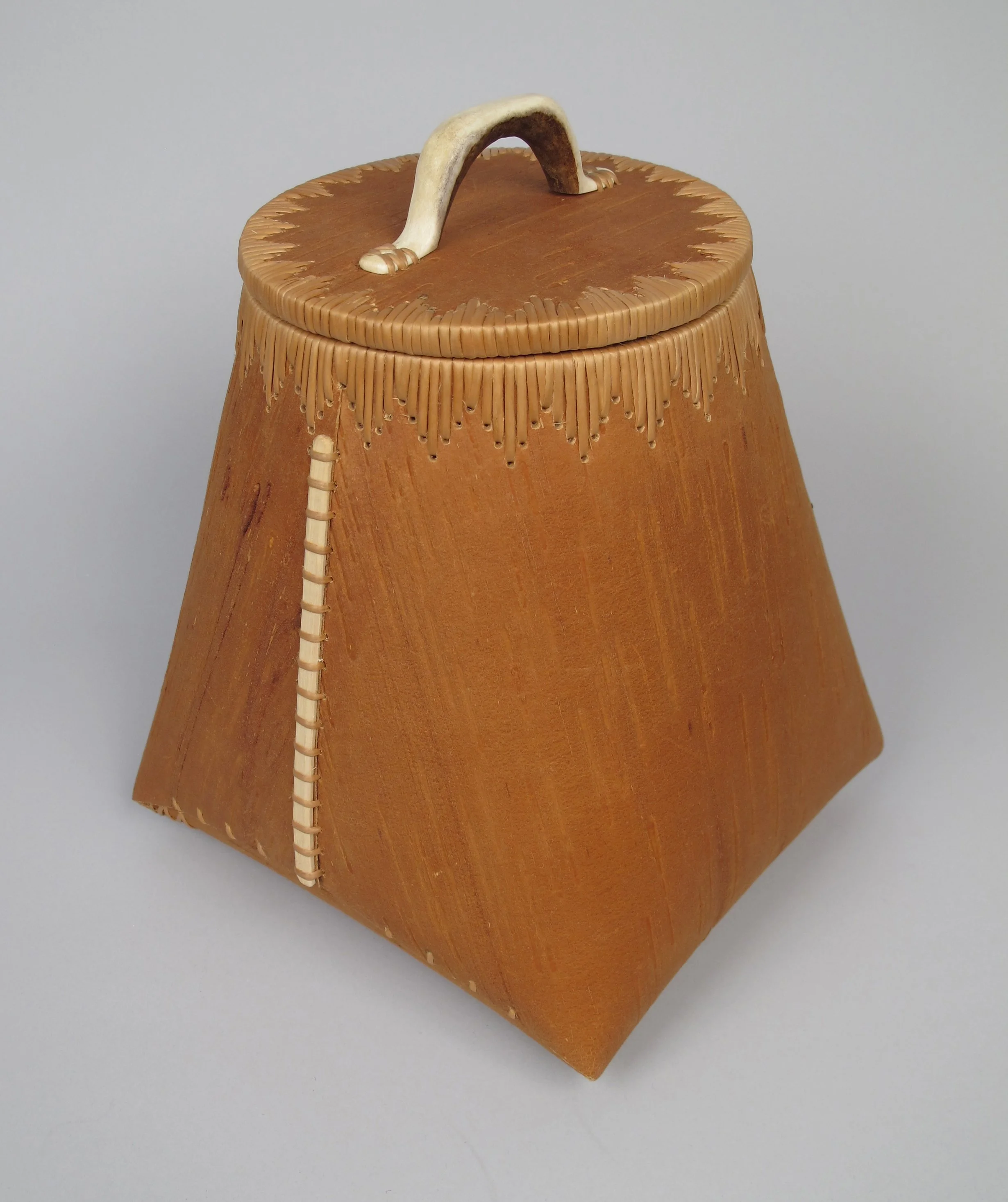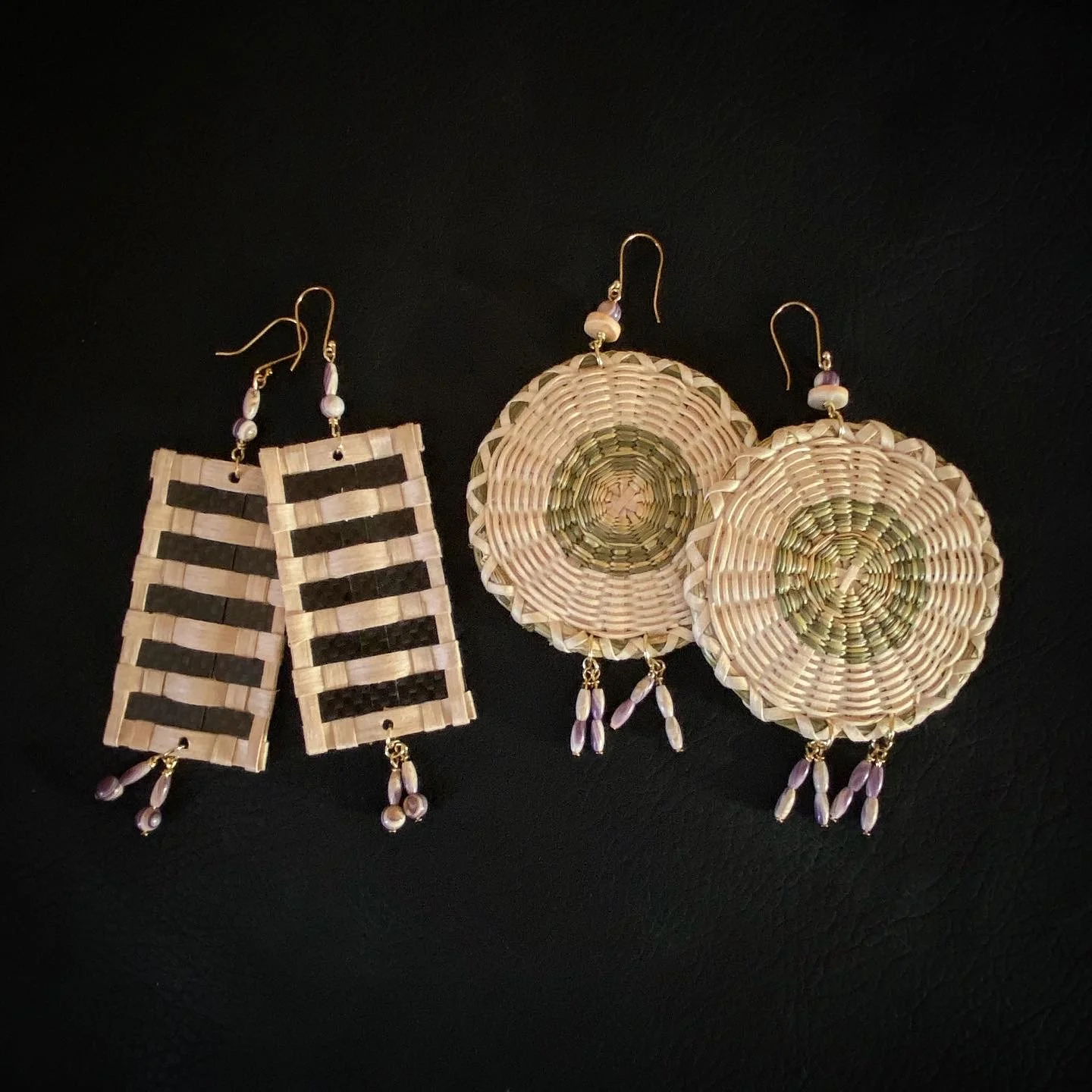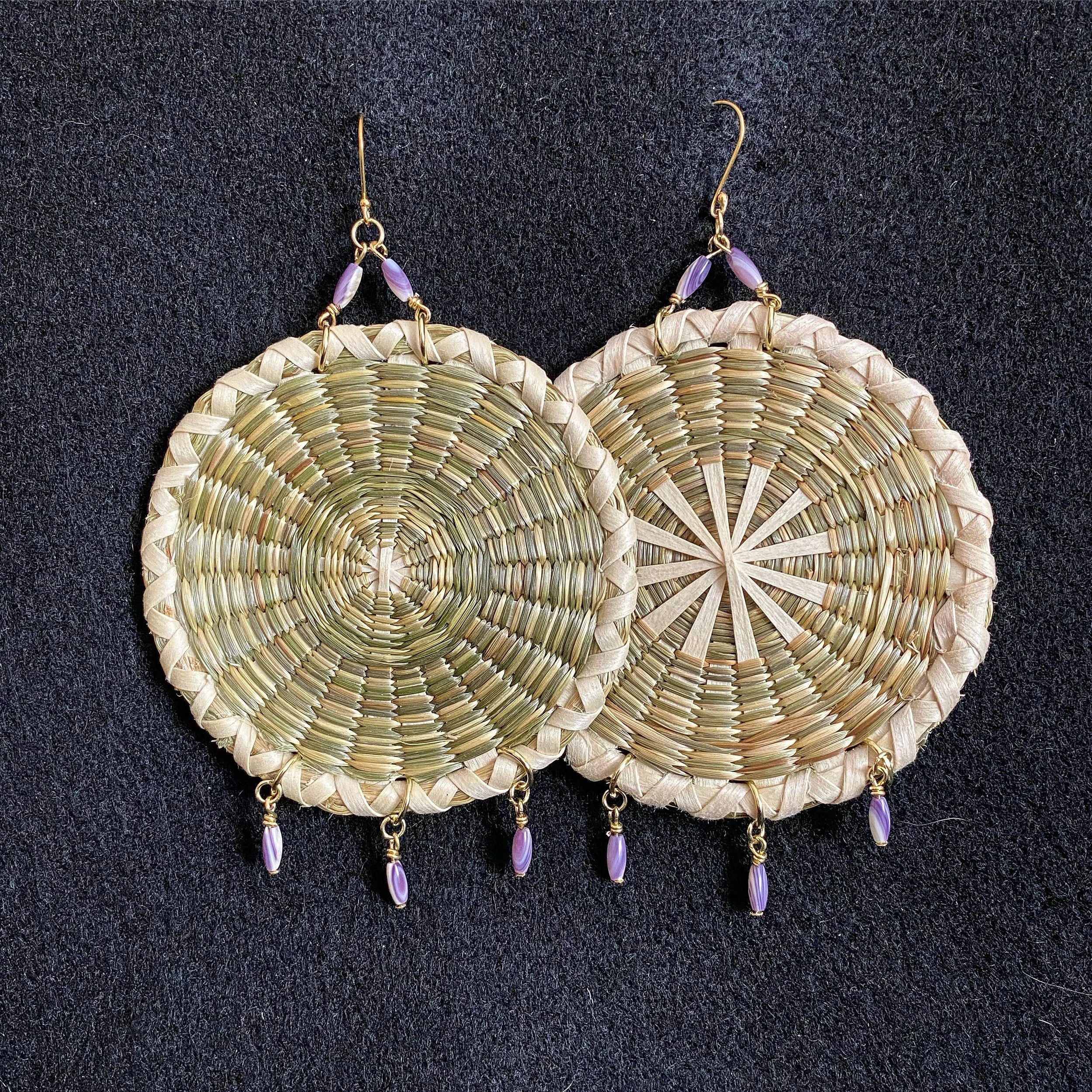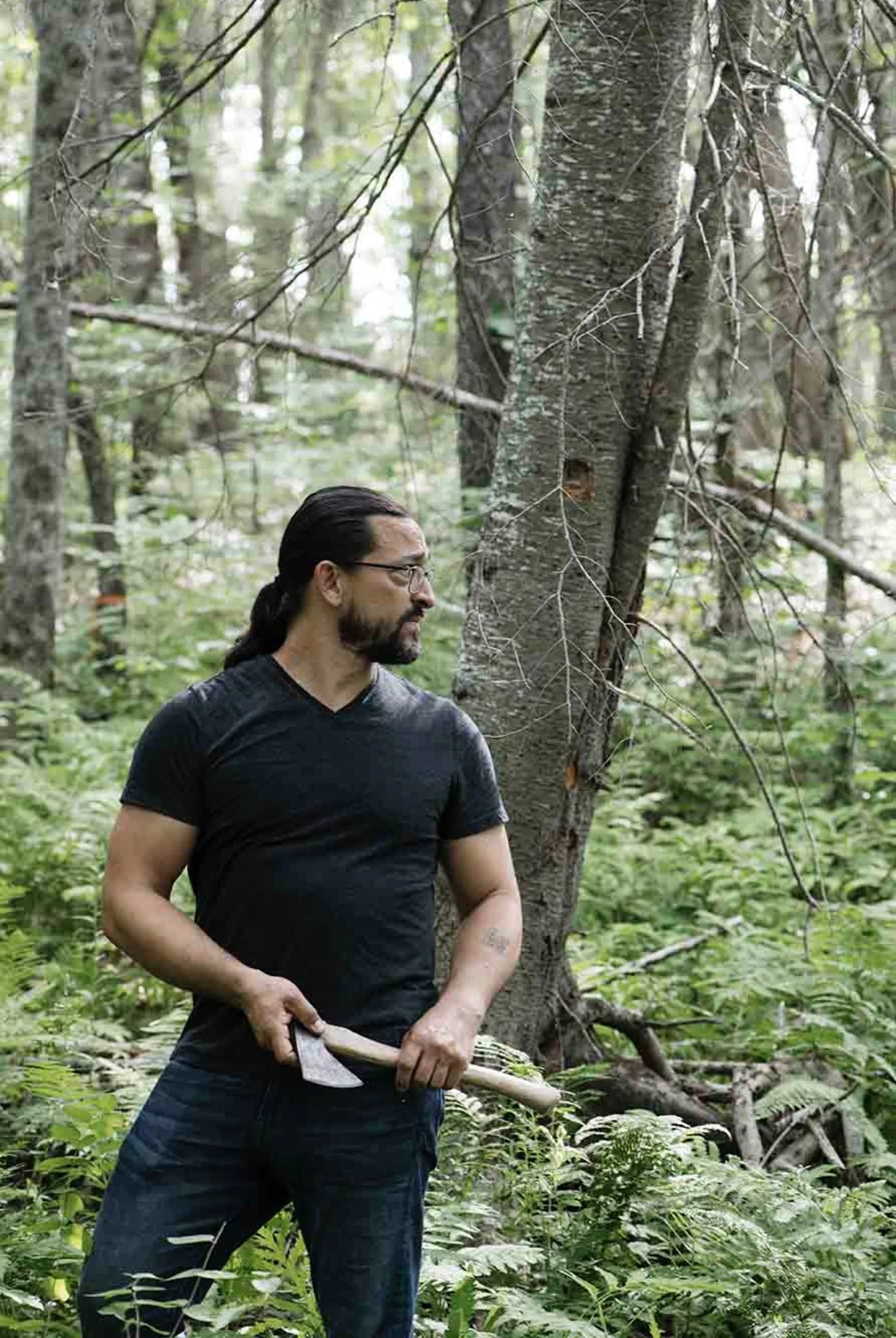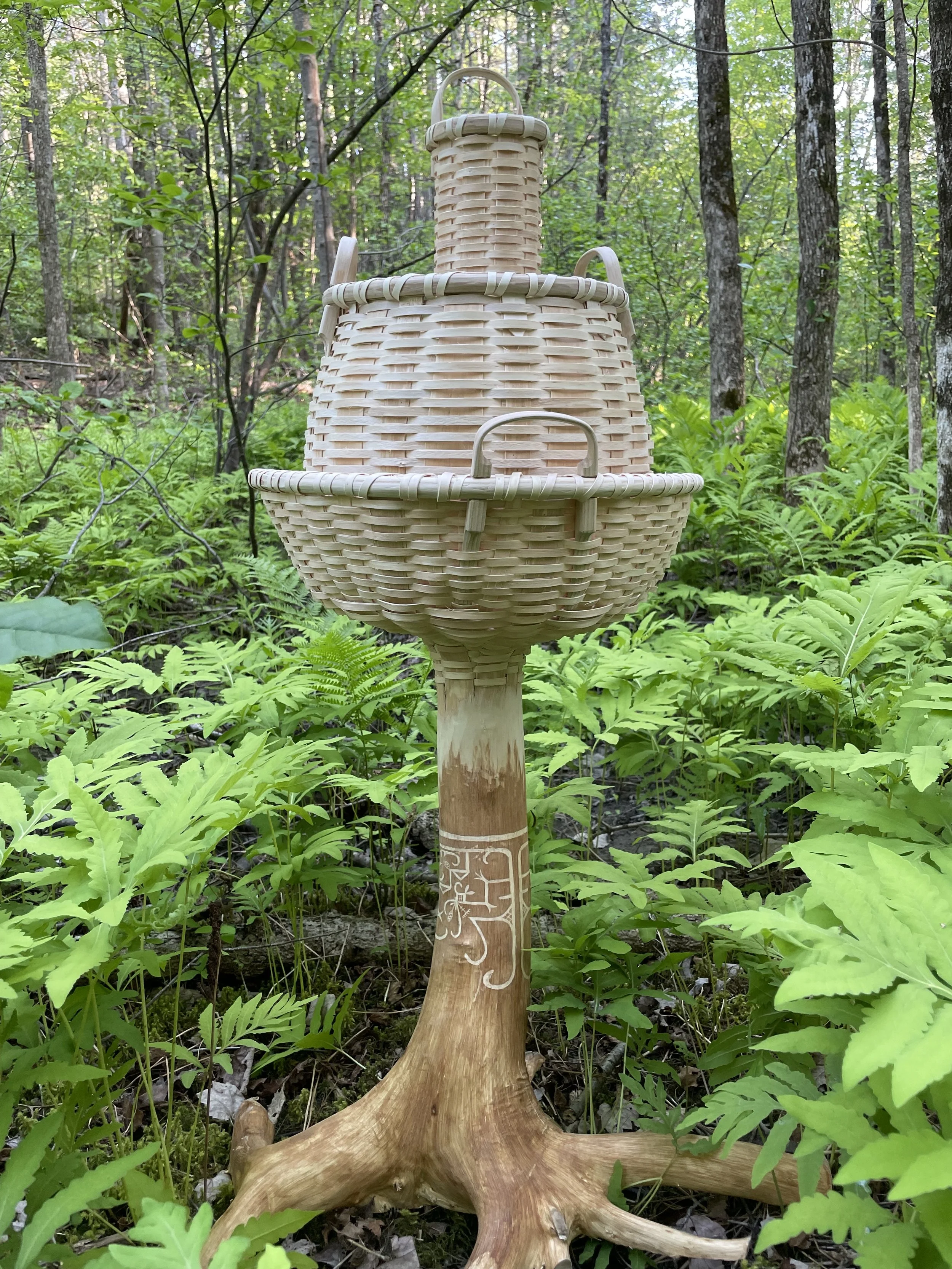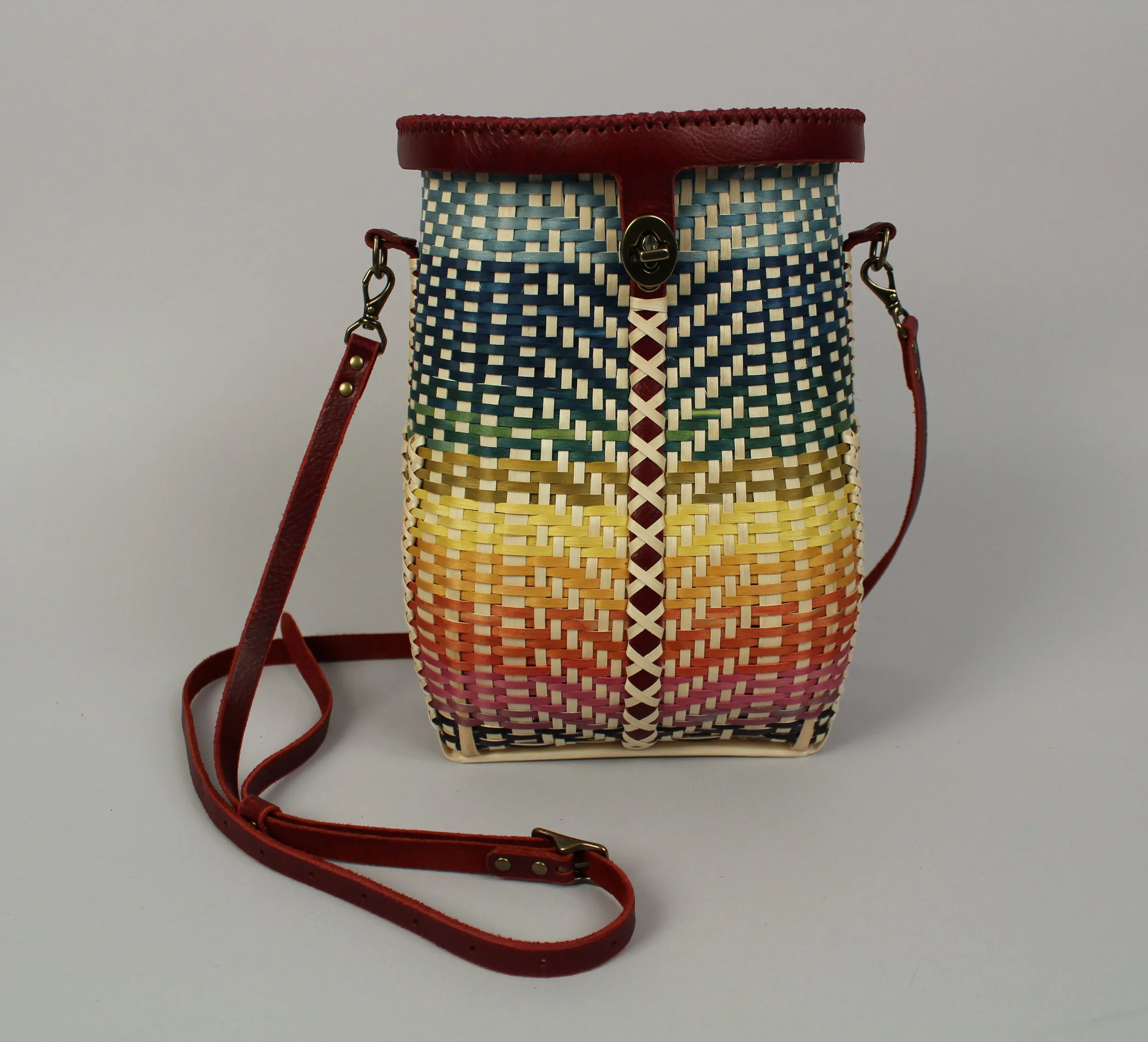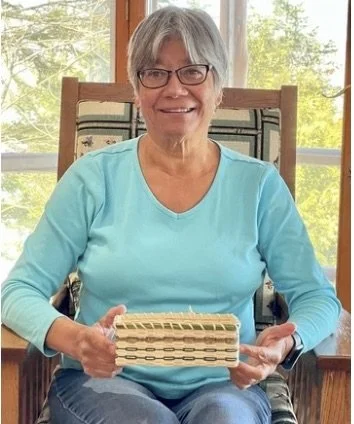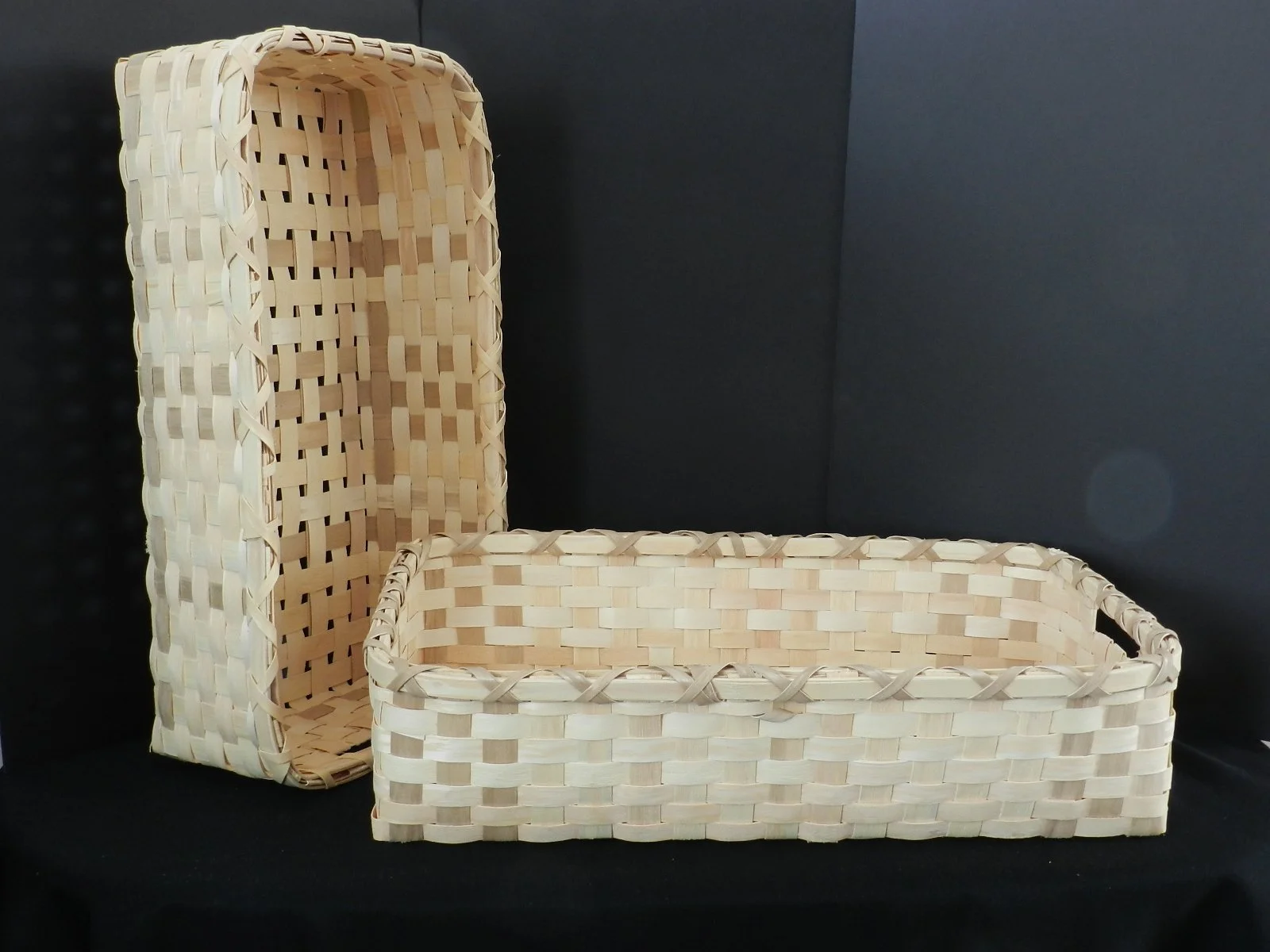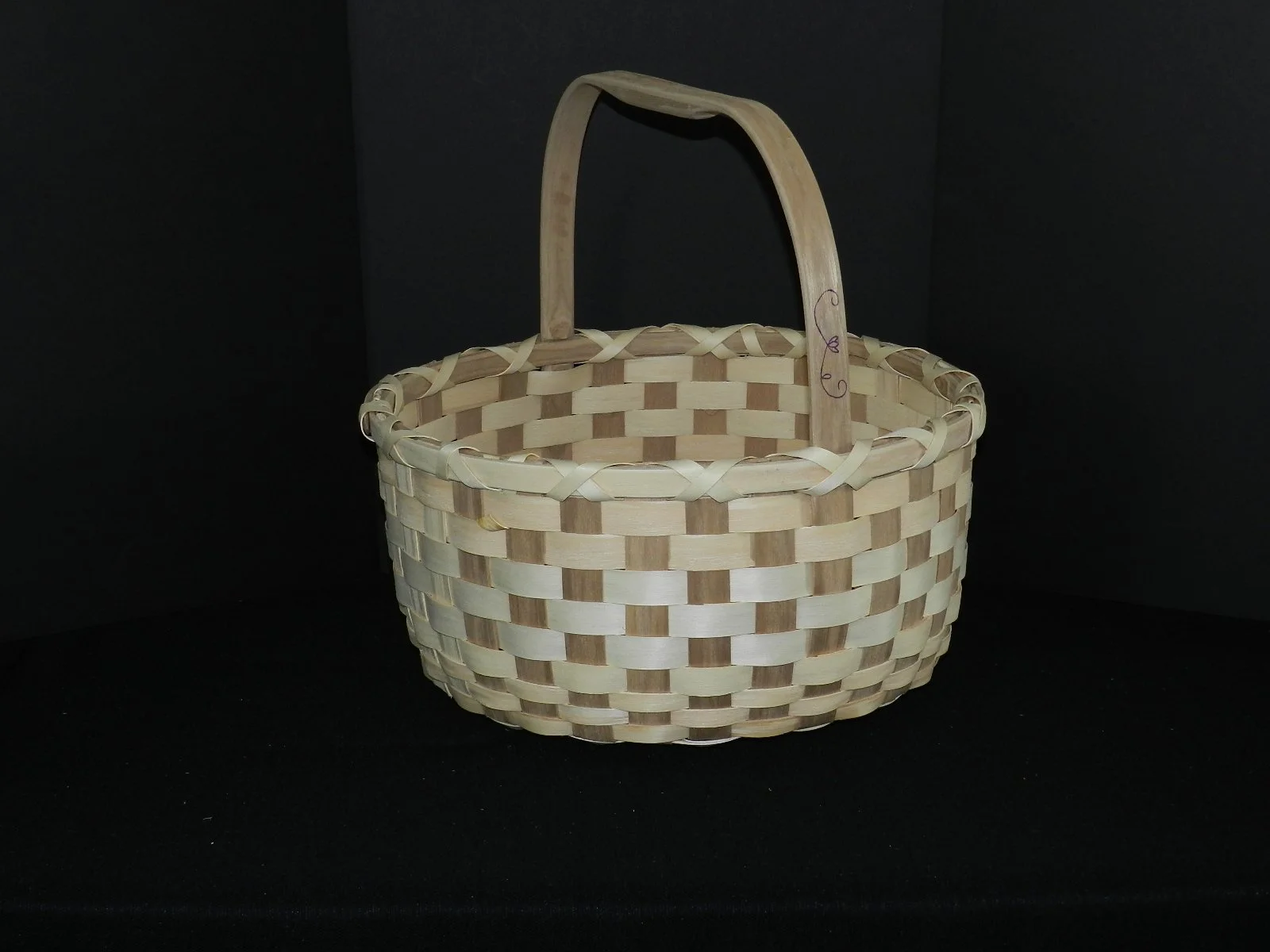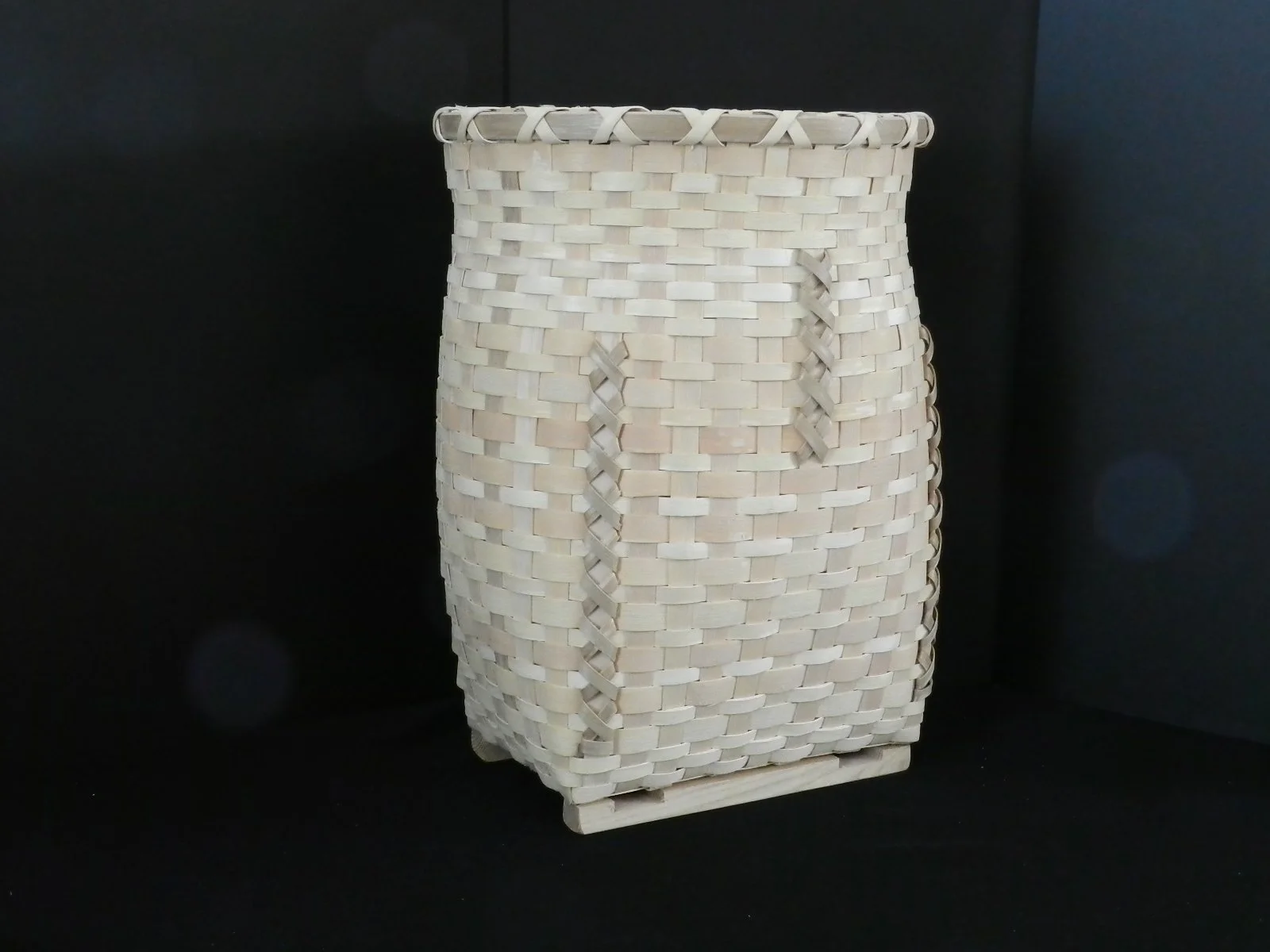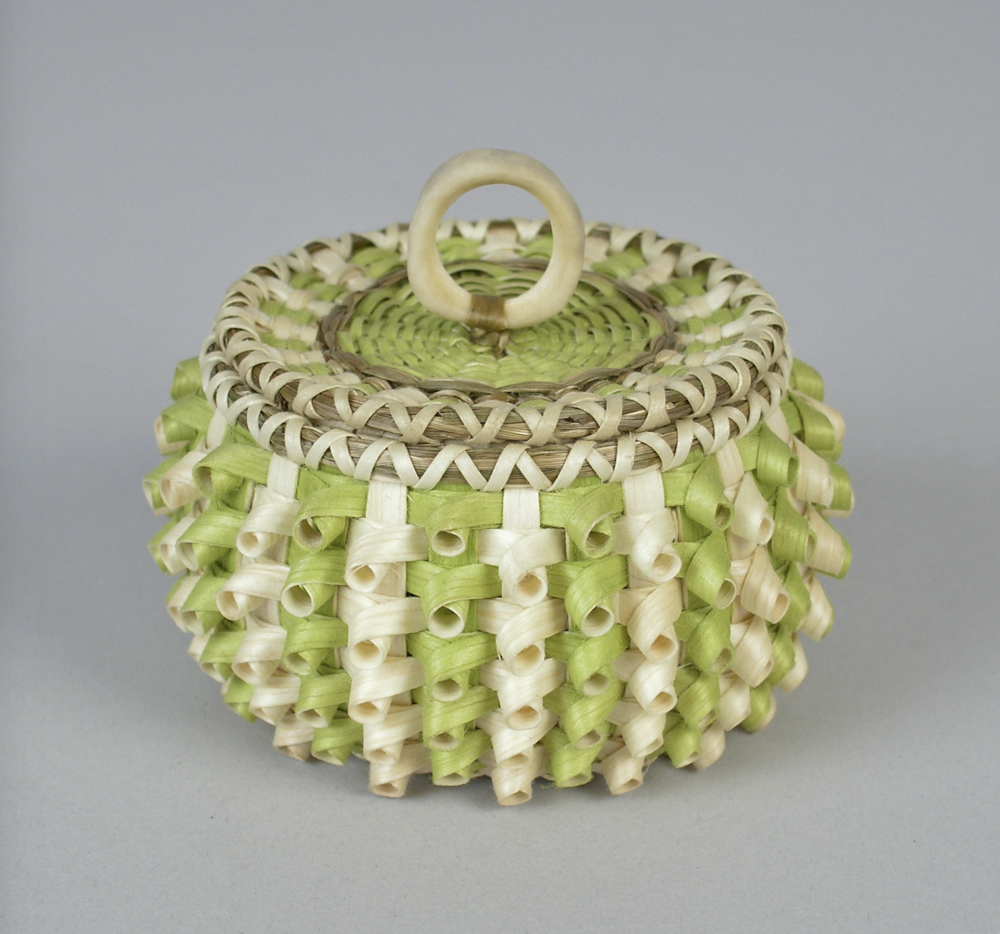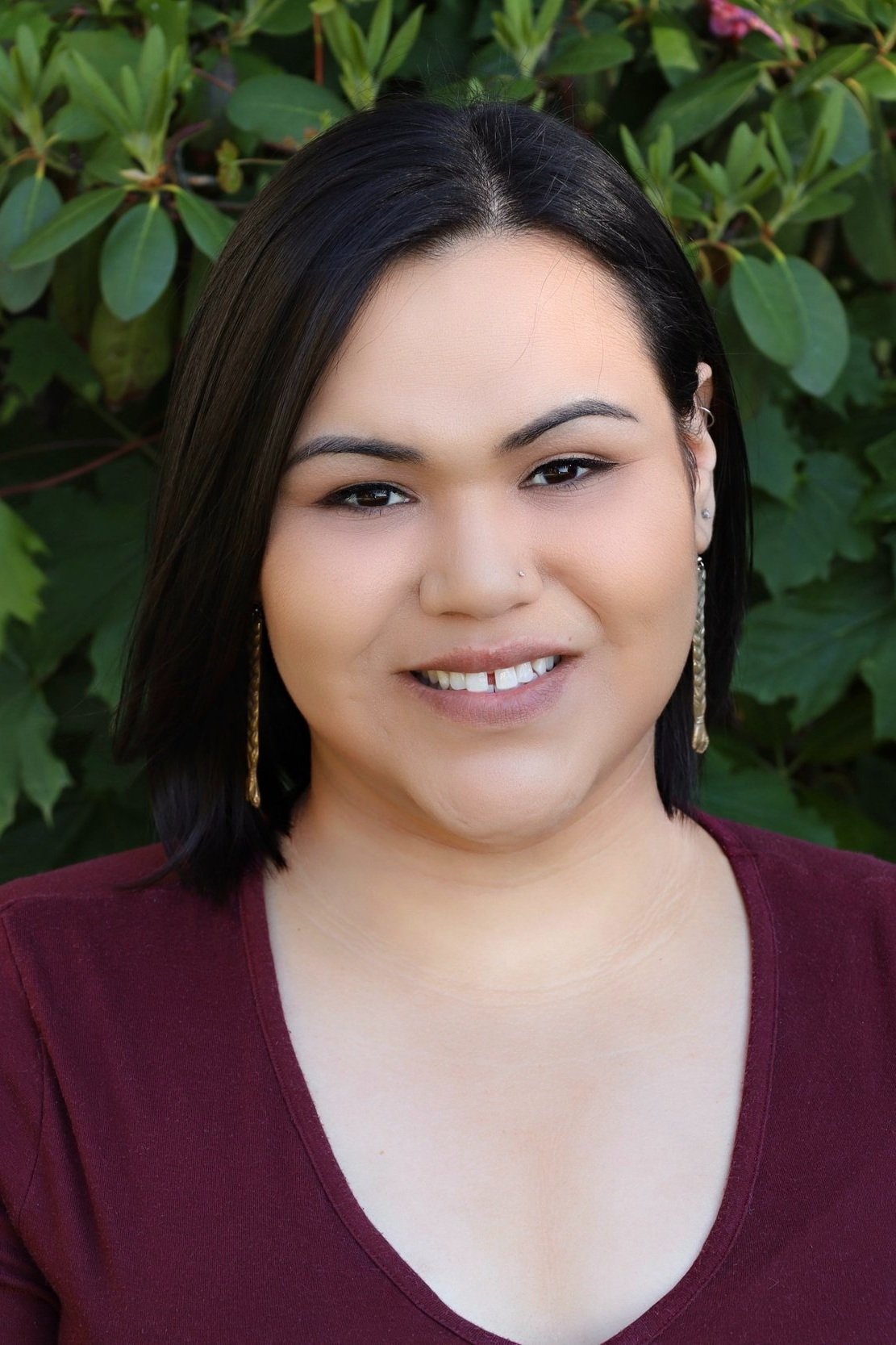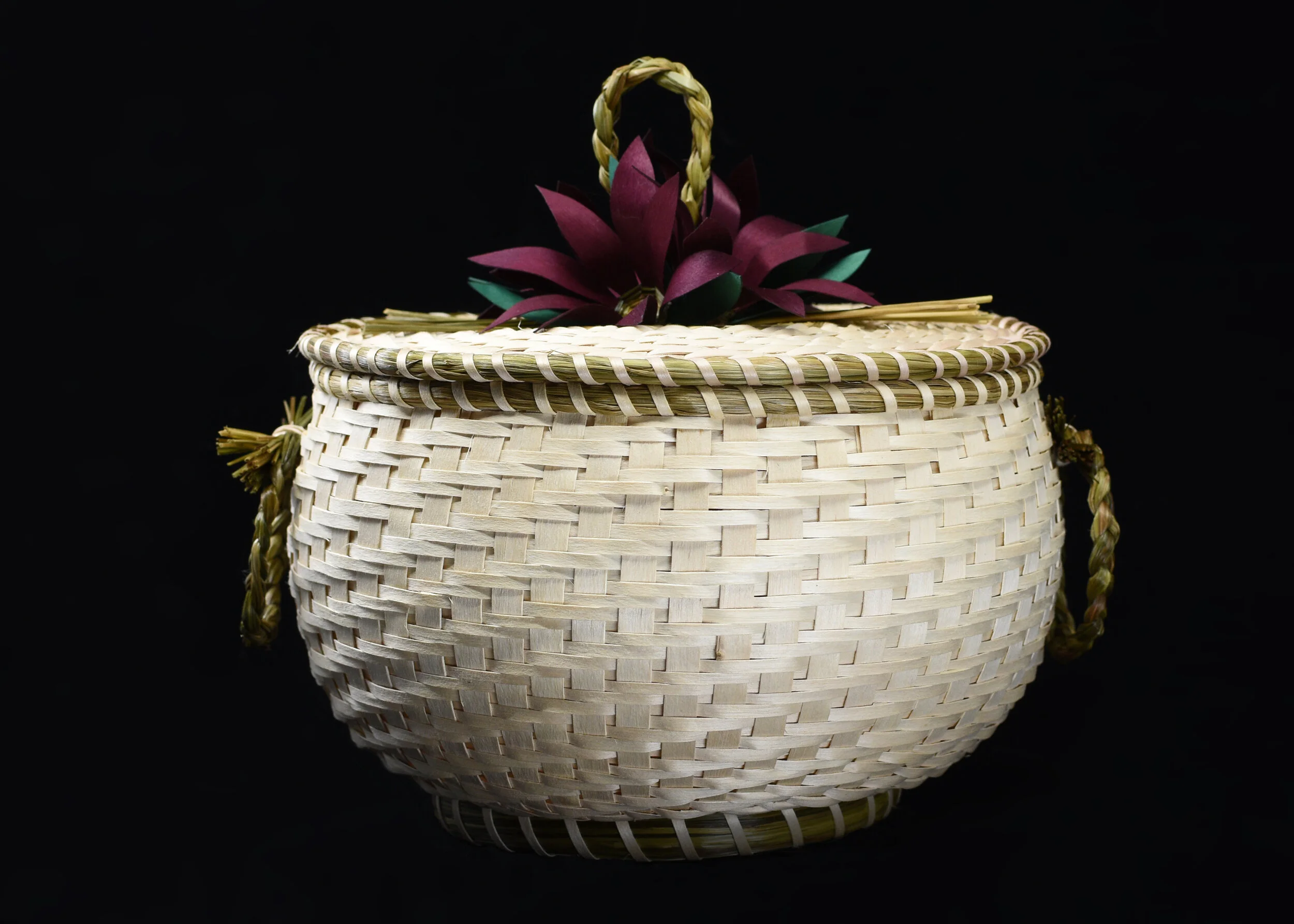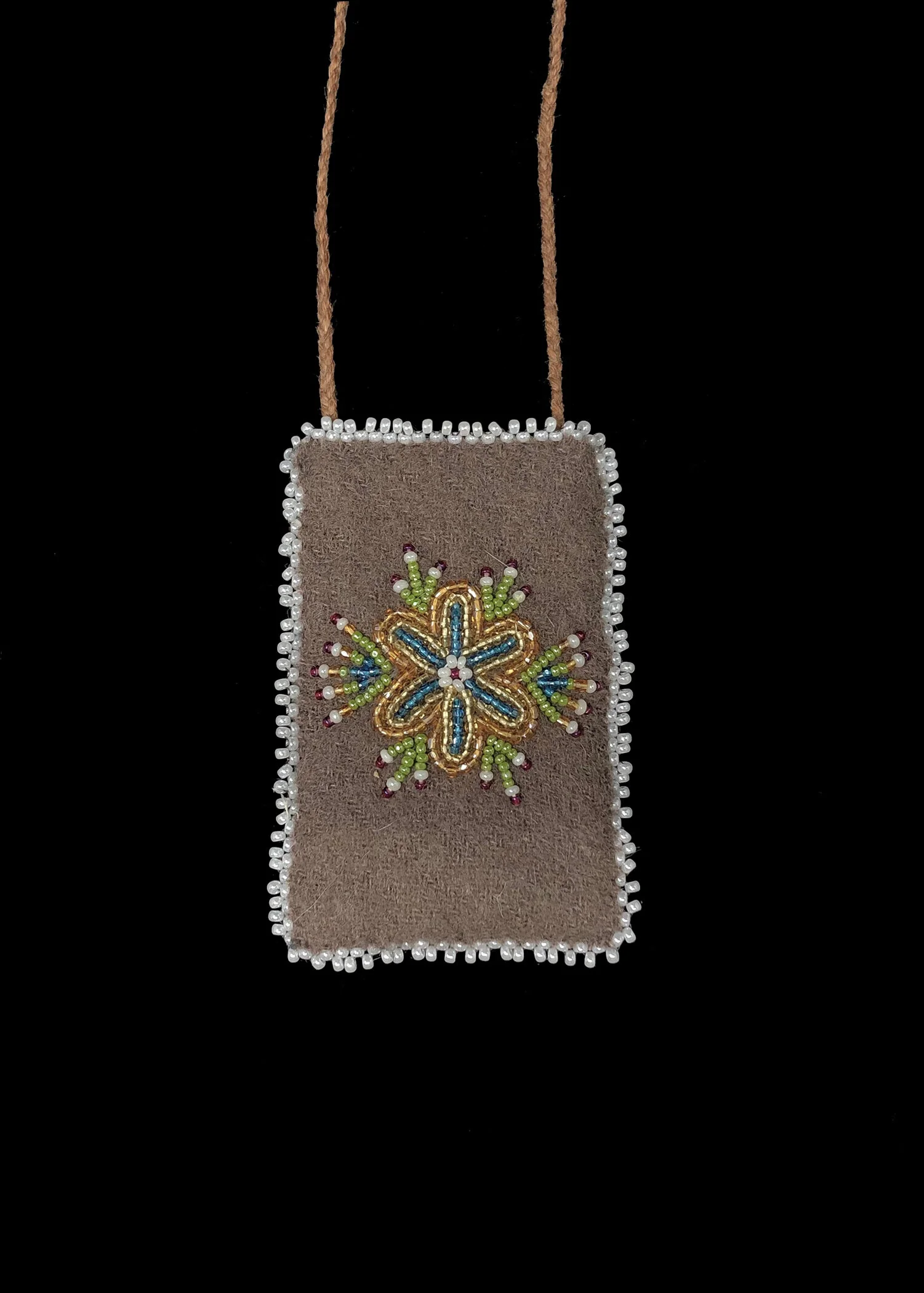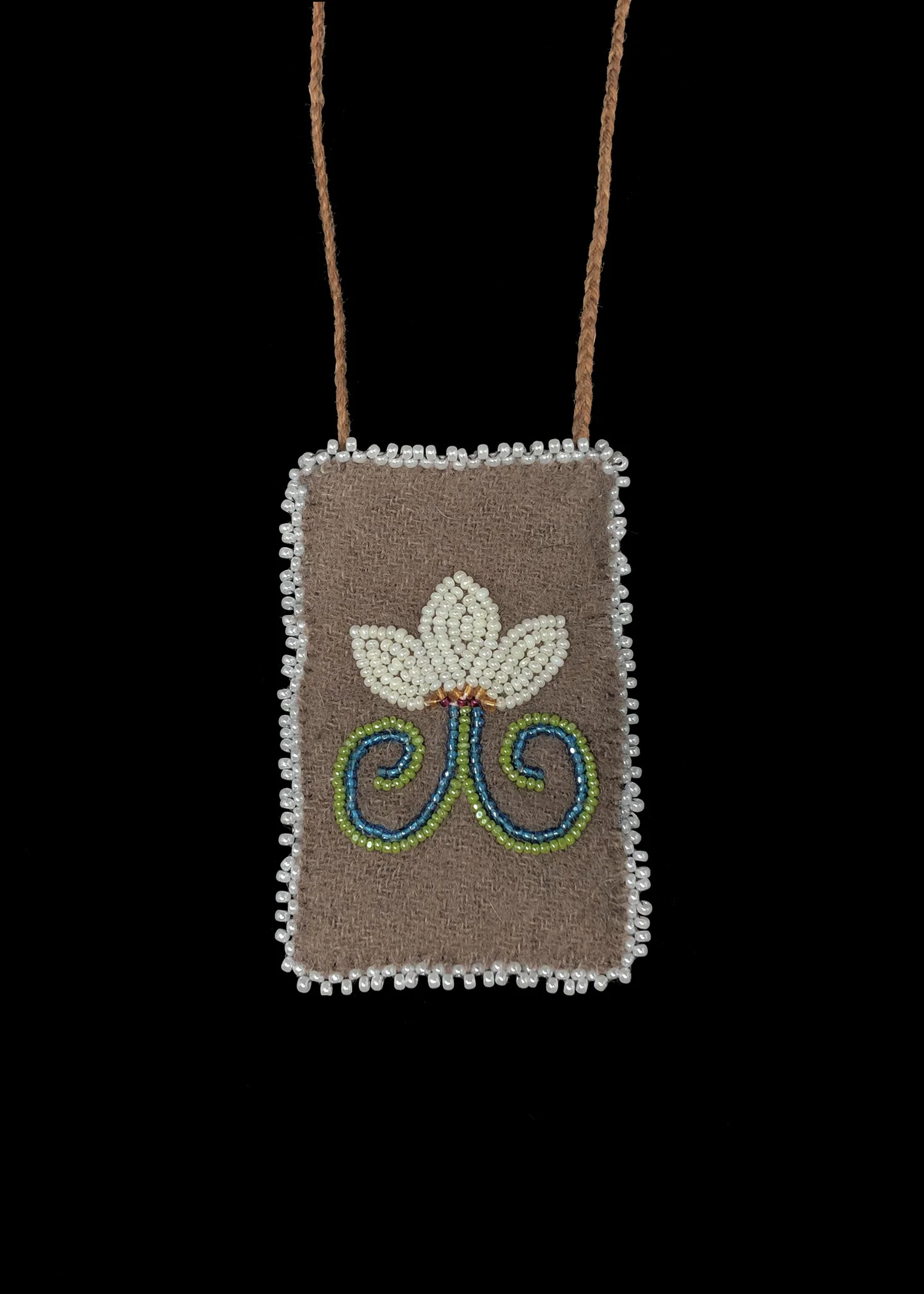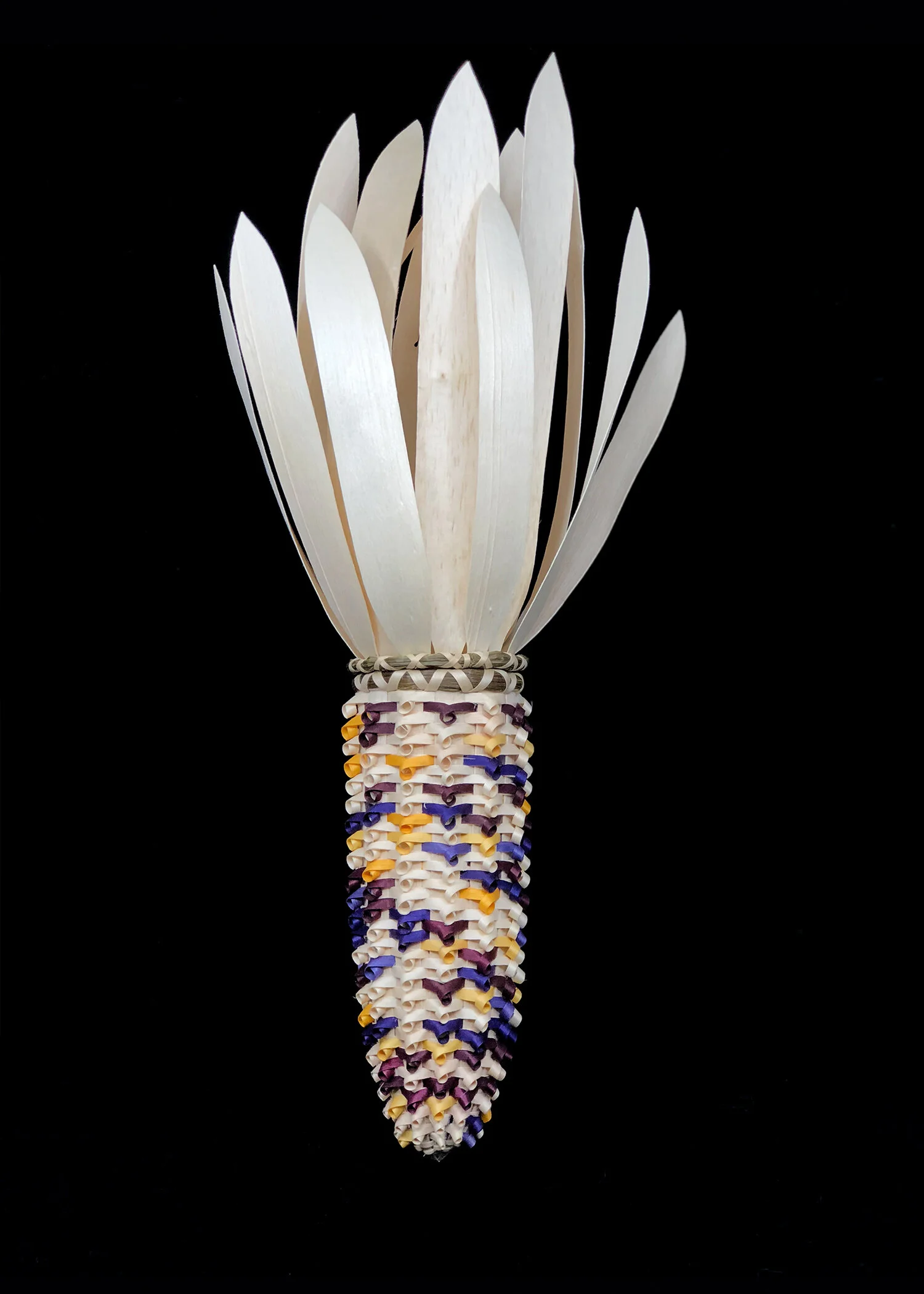Eric Otter Bacon
/TRIBAL AFFILIATION: Passamaquoddy
MEDIUM: Basketry, Woodwork
ARTIST STATEMENT
As a young child, my mother mentioned that I constantly created hand-drawn copies of sneakers and boots, particularly focusing on the tread patterns.
Woodworking and basket making soon followed at around age five or so, influenced by several family members, including my maternal grandfather, a Grand Lake wood strip canoe builder, my father, a wood and bone/antler carver, and my uncle who steam bent wood into dog sleds. I also was inspired by many basket makers on the reservation.
At the age of 16, I started working with Loyd Owle, a renowned Cherokee artist at the Unity Youth Treatment Center in North Carolina. I learned leatherwork, stone carving, and other Native arts. While receiving treatment there, I discovered the value of life, and it was where my first pieces of Native art were sold.
For many years, I pursued a tattoo apprenticeship, focusing my artwork on the industry. I also conducted extensive research on indigenous patterns and designs from around the world.
In 2004, I started making baskets professionally. And during my first decade, I began participating in and winning art competitions at various Native art markets. My work was also featured in the collections of major museums across the country.
During this period, I collaborated closely with birch bark canoe builders David Moses Bridges and Steve Cayard, constructing five different bark canoes with various Native communities to acquire and exchange knowledge of traditional canoe construction and material gathering/preparation.
In the future, I want to keep sharing and teaching the traditional arts knowledge I've gained. My goal is to inspire others to find value and hope within themselves so they have the tools to lead a positive and meaningful life.

